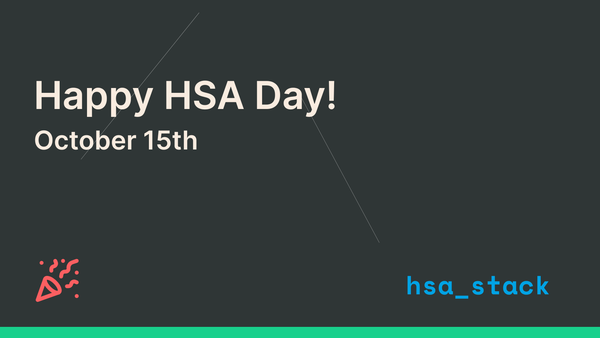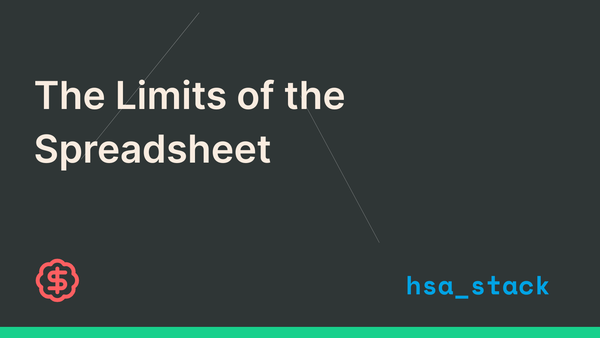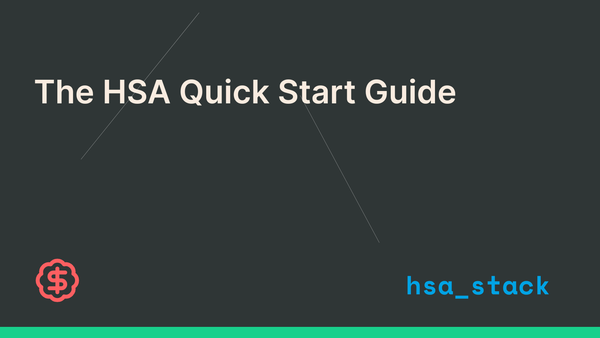To Reimburse Now or Later? The HSA Optimizer's Dilemma
You have a qualified medical expense. Should you pay for it with your HSA card right away, or pay out-of-pocket and leverage a delayed reimbursement strategy? The answer depends on your financial goals. Let's explore the trade-offs.
A Health Savings Account (HSA) offers a unique financial choice: when you have a qualified medical expense, you can either pay for it directly from your HSA or pay for it out-of-pocket and save the receipt to reimburse yourself in the future.
There’s no single right answer, and the best strategy often depends on your personal financial situation and long-term goals. Let's break down this key decision.
The Case for Reimbursing Now
Using your HSA debit card for an expense is the most straightforward approach.
- Simplicity: It's a clean, one-and-done transaction. You pay the bill, the money comes directly from your tax-advantaged account, and you don't have to worry about tracking the expense for future reimbursement.
- Immediate Cash Flow: You aren't using post-tax dollars from your checking account, which can help with monthly budgeting and preserve your cash for other non-medical needs. It keeps your personal and medical finances neatly separated.
The Case for the Delayed Reimbursement Strategy
This is the power move for those looking to maximize their HSA as an investment vehicle.
- Maximizing Growth: By paying for expenses out-of-pocket, you leave more money in your HSA to be invested. The delayed reimbursement strategy allows your entire balance to grow and compound tax-free over years, or even decades. The small expense you cover today could allow thousands of dollars to grow for your future.
- Creating a Tax-Free Emergency Fund: Every receipt you save for an out-of-pocket medical expense becomes part of a personal "reimbursement fund." Years from now, if you need a large sum of cash for any reason—a home repair, a new car, or a bridge to retirement—you can reimburse yourself from your HSA completely tax-free using these old, accumulated receipts.
The Deciding Factor: Your Record-Keeping
The delayed reimbursement strategy is incredibly powerful, but it hinges on one critical component: impeccable record-keeping. The IRS requires you to keep proof that any withdrawal from your HSA was for a qualified medical expense. If you plan to reimburse yourself in 2040 for a prescription you bought today, you must have the receipt to prove it.
Losing that proof means losing the ability to access that portion of your investment growth tax-free.
Whichever path you choose, understanding the trade-offs is the first step toward building a truly effective financial strategy. Here at hsa_stack, we're big fans of the delayed reimbursement strategy, but our app is built to support you no matter which approach is right for your goals.




